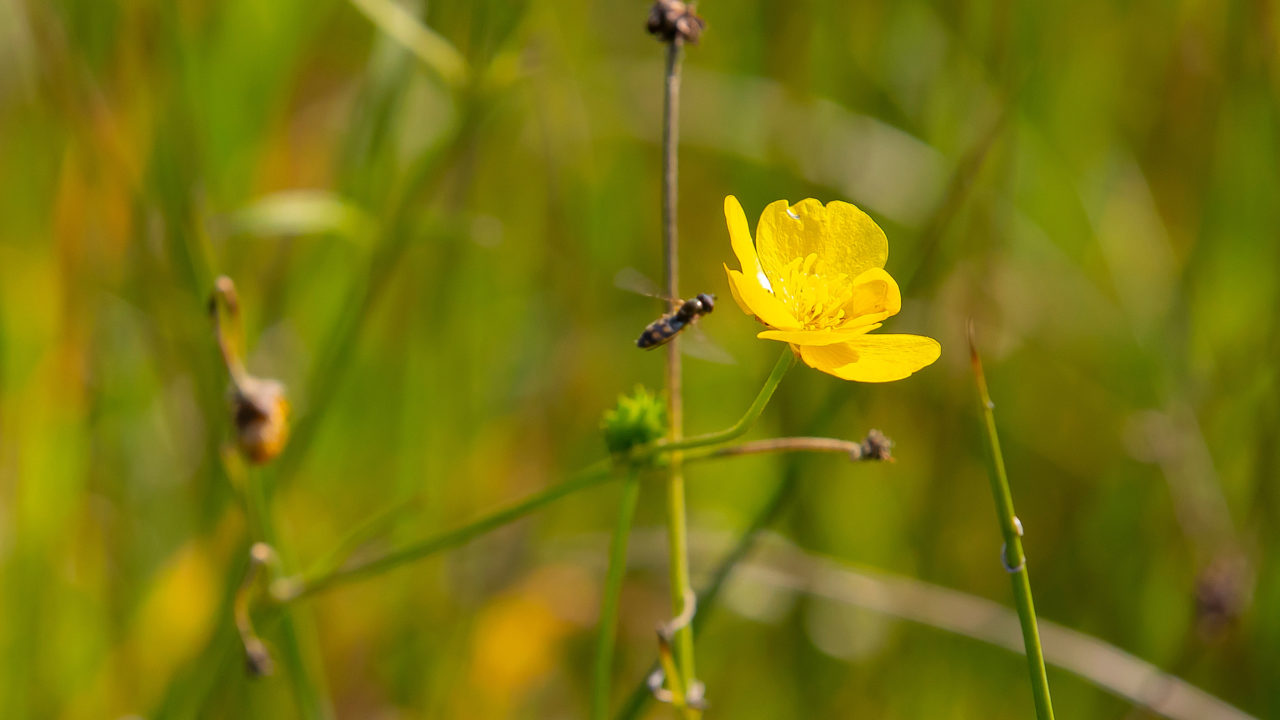A Farmland Plant Identification book has been launched for all farmers who applied to the Agri-Climate Rural Environment Scheme (ACRES).
Minister for Agriculture, Food and the Marine, Charlie McConalogue and Minister of State with responsibility for biodiversity, Pippa Hackett today (Wednesday, June 14) officially launched the book, which every participant in ACRES has now received as part of their information pack.
The book contains a description of the most common plants found in a wide range of Irish grasslands and peatlands.
The ministers said that it is an important guide for farmers to help identify a variety of plants that can have a beneficial effect on biodiversity.
ACRES
ACRES has a major results-based payment element at its core, which rewards farmers financially for having a more species-rich sward enhancing biodiversity.
Welcoming the publication, Minister McConalogue said: “ACRES is our flagship agri-environmental scheme and has set a high level of environmental ambition to be achieved over the next five years.
“Chief among the environmental objectives is the enhancement of the quality and range of species of our grasslands through appropriate management by farmers and landowners who are the custodians of these pastures.
“This book will enhance farmers’ knowledge and enable them to increase their result-based payment under the scheme.”
Minister Hackett added: “The Farmland Plant Identification book is a fantastic user-friendly resource not just for farmers, but for anyone interested in our grassland and peatlands.
“The use of imagery, short descriptions, and colour coding make it easier to identify the species that will have a positive effect on our biodiversity. I’d encourage every ACRES participant to take the time to study it and see how it relates to their land.”
The ministers also acknowledged the ongoing training of ACRES advisers by the eight ACRES Cooperation teams across the country in the use of the new scorecards which will ensure effective and consistent scoring of fields over the summer.
This scoring work has now commenced and the scoring of fields this summer in year one of ACRES will set a baseline for those participants approved into the scheme under Tranche 1, allowing for progress to be measured over the course of the scheme.
ACRES has a budget of €1.5 billion to help address biodiversity decline while delivering an income support for up to 50,000 farm families.
Result-based payments link the nature quality of the habitats on a farm to your environmental payment.
Each field is scored out of 10 using a scorecard that captures the environmental quality of the habitat, which reflects past and current management.

